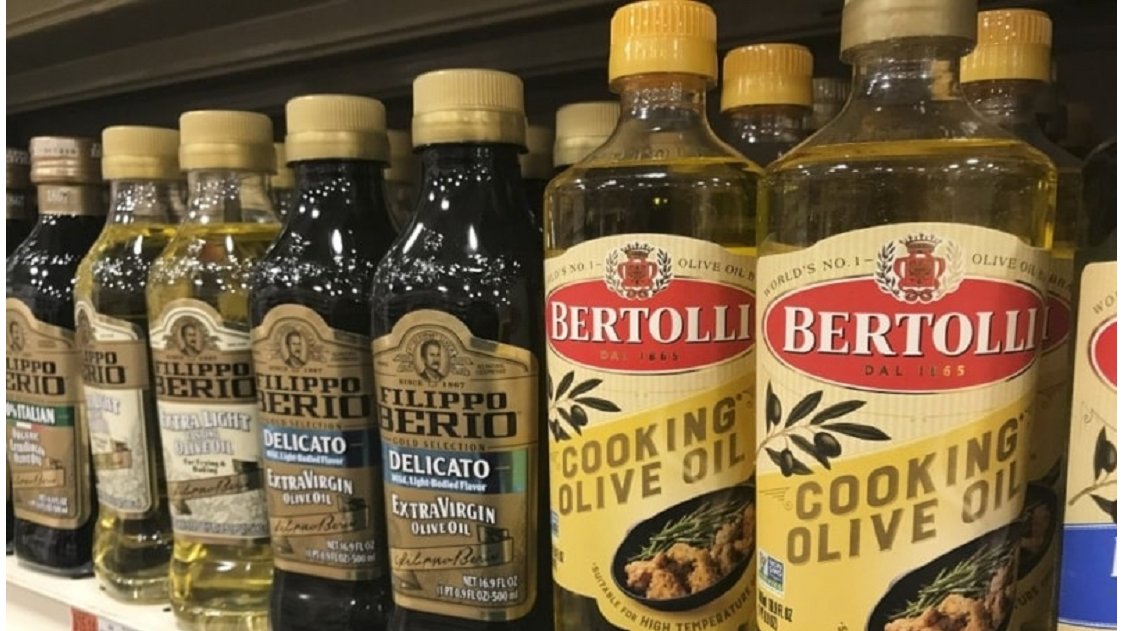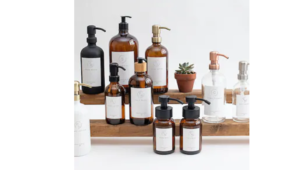Correct packaging plays an important role in food processing. Bottles, jars, and other forms of containers provide not only the space for food themselves, but also they provide the space for branding. Staring your own business line is not a simple word, it involving the lots of essential investments towards the procurement of the food, and the significant part–the suited olive oil bottle packaging.
Olive oil that is widely used in many homes, has been a staple in the kitchen cabinet for years now. As health consciousness growing, the benefits of olive oil have been known widely, thus the demand of olive oil grows as well. Olive oil business will bring big fortune, while at the same time this industry is steeped in competition. We are reliable glass bottle manufacturers, also make custom glass bottles. If you are new business starters of olive oil business, here we’ve written some helpful tips and suggestions, involving creating, bottling, and selling phases.
Tip 1. Market research
Before any business activity begins, market research is significant. Without it, you are operating your business “blindly” with very little chance for success. It helps to have a good grasp of the business environment in order to make smart choices about how you will compete for sales. The good news is that any product has a chance of going big with a combination of the right marketing strategies and product quality.
You can do market research from these following aspects:
1- Industry Analysis
- Who are the largest and most important players? Will they matter to your business? How?
- What problems is the industry experiencing: Oil qualities? Supply vs. demand? Oversaturation of new brand entries? Shrinking competition (attrition) from boutique brands?
- What national and international factors influence the industry? Imported volumes? EU subsidies? Weak/strong dollar?
2 – Marketplace Analysis
- How large is it and how fast is it growing?
- What companies currently service this market?
- What trends are important in your marketplace?
3 – Customer Analysis
- What characters your target customers? High income, price sensitive, health-focused?
- How many types of customers do you have? Distributors, retailers, restaurants? And what do they concern?
- What evidence do you have that potential customers will want your product?
4 – Competitor Analysis
- What are the top five brands you expect to compete with?
- What are their location, target market, and customer types?
- What are their products? How are they priced?
- How is your product different/better? How will you make your olive oil be unique ?
Tip 2. Create a Budget
With enough market research, the next step is to putting the plan into motion. Before starting, you also need to create a budget to know how much you will need for your olive oil business venture. There is a joke in the olive-making community, stolen from the wine business, that is all too often true.
Q: “What does it take to make a small fortune in the olive oil business?”
A: “A big fortune to start with.”
You will need to buy machinery and hire staff who will have to be trained on how to operate them. They will need protective gear as per the FDA food processing regulations, and of course, they will need salaries. In the first few months, you will have to dip into your own pocket to cover that.
Tip 3. Creat your brand
Every business, no matter big or small, will have its own unique and aesthtic brand. Thus, if you want your own olive oil products to stand a chance in the competitive market, a noticeable brand design is necessary. Your brand will be noticed in the packaging and the labels on bottles, also in your online presence.
Of course, having your unique brand, next you need to design your labels, including messages of your olive oil.
In short, the label should match the bottle to give a straightforward design that matches your brand’s message. Also your labels should be suited with packaging, so you may need to design different sizes, and shapes labels, which requires a standout design team.
Tip 4. Strategies of selling
When it comes to market selling, various ways will come into your mind. The most common and tradition way, is to sell in retail stores. Your goal should be to get on more shelves, to be in more stores, and to run promotions that give customers another reason to buy your bottle.
Aside from traditional retail stores, social media, the cheapest and most effective form today. We need to thank for the great Internet, for interacting people together. Oline selling, or E-commerce is the trend business nowadays. You spend less and reach more people.
Tip 5. Selling Olive Oil Online
Selling online is more than a recommendation. eCommerce has only gone up over the past few decades, and buying kitchen ingredients online has become a phenomenon.
As for selling on your website, we recommend the following tips:
- Your eCommerce page should be mobile-friendly.
- It should be optimized for Google
- It should be straightforward and easy to navigate.
Additionally, there are some interesting tactics that can work well especially for online commerce.
1 – Marketing Olive Oil on Facebook
Over a billion people are active on Facebook, being on Facebook should be a priority. You can use Facebook to market your olive oil business in a number of ways:
- Answer questions & interact with customers.
- Let people know about promotions and sales.
- Give users free recipes and cooking tips.
- Help people find the nearest retail store that carries your product.
- Link users to your brand’s website & other platforms.
2 – Marketing Olive Oil on Instagram
Instagram is a great place to showcase your olive oil in the most attractive photo you can capture. What’s more, you can use Instagram to show off your product in a video, giving potential customers a more personal idea of having your olive oil in their kitchen.
Tip 6. Choose the right bottles

Proper packaging can’t be ignored anytime. Normally most brands choose the Antique green bottles for olive oil packaging, because of the nature of olive oil. Green colored bottles will protect your oil from UV light, and keep the oil taste stable. Some brands use the flint glass bottle for olive oil, but this requires customers keep oil well, and eat over asap. You can source your containers from reliable olive oil glass bottle suppliers, who will guide you about the bottling. The bottle has to be appealing to the eye, easy to handle, and has to come with varied sizes.
Conclusion
Every major brand started small; all they did was hold steady even when things seemed to go wrong. To better navigate through the tough times, you need to partner up with a reliable glass bottle supplier that offers personalized services, like logo prints, label sticker, even a custom mold bottle with embossed logo design.




